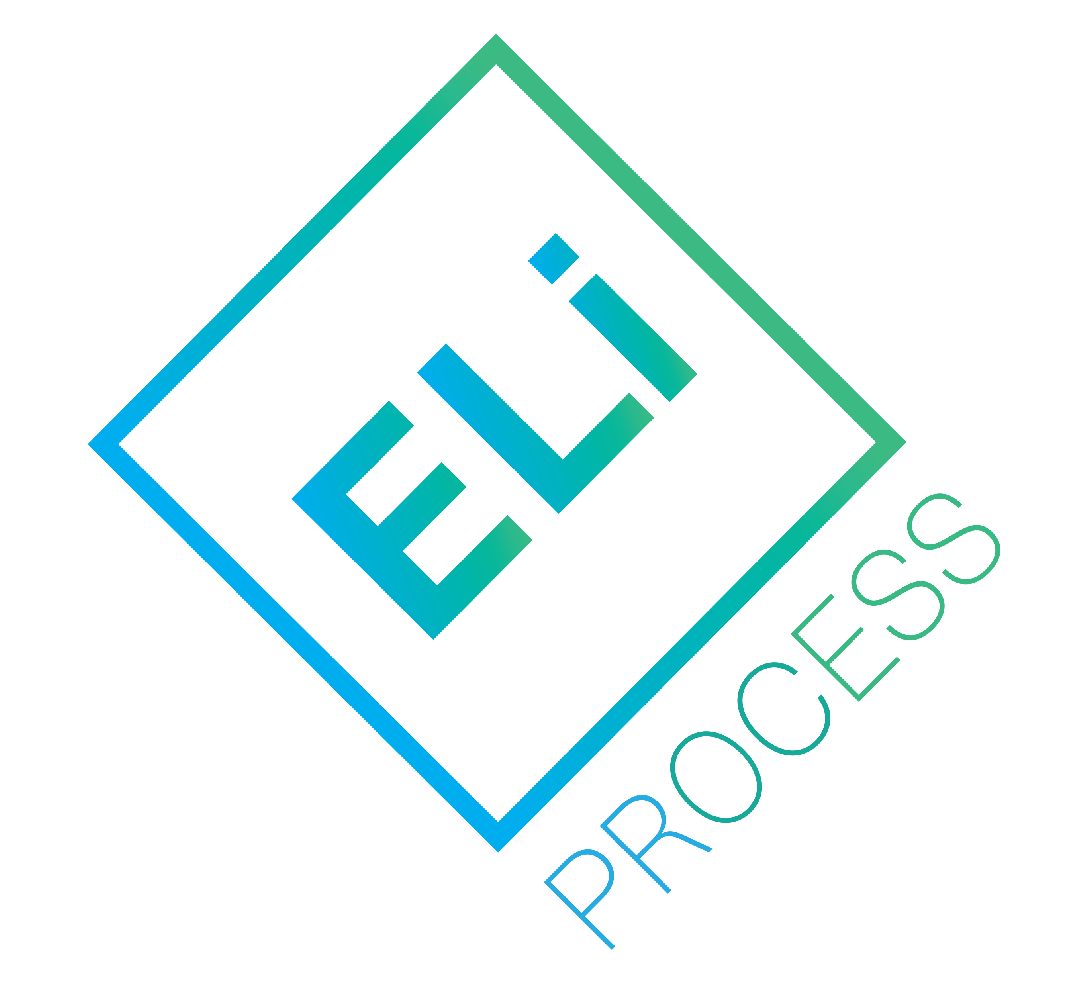
Lithium Chemicals
We are RAM
Reed Advanced Materials (RAM), is a joint venture between Neometals (70%) and Mineral Resources (30%) the developers of the Mt Marion hard rock lithium mine in Western Australia.
RAM has developed a patented technology (ELi™) to purify and electrolyse lithium chloride solutions, generated from either hard rock or brine resources, to produce lithium hydroxide. Lithium carbonate can be produced by sparging captured CO2 gas through the lithium hydroxide solution before it is crystallised into a final product.
ELi™ produces high-purity, battery grade lithium hydroxide and lithium carbonate from lithium-bearing brines and hard rock minerals.

Issue and Need
• Lithium is the key non-substitutable battery ingredient for transporting electric charge, and the World needs much more production capacity.
• Europe has no domestic supply of lithium chemicals and its demand is growing rapidly.
• Despite being crucial for the energy transition, lithium production is the largest CO2 contributor in lithium-ion batteries (LIB).
• For this reason, a more efficient, smaller carbon footprint production method is essential for lithium chemicals
• We need to produce more lithium chemicals, more cost effectively and more sustainably.
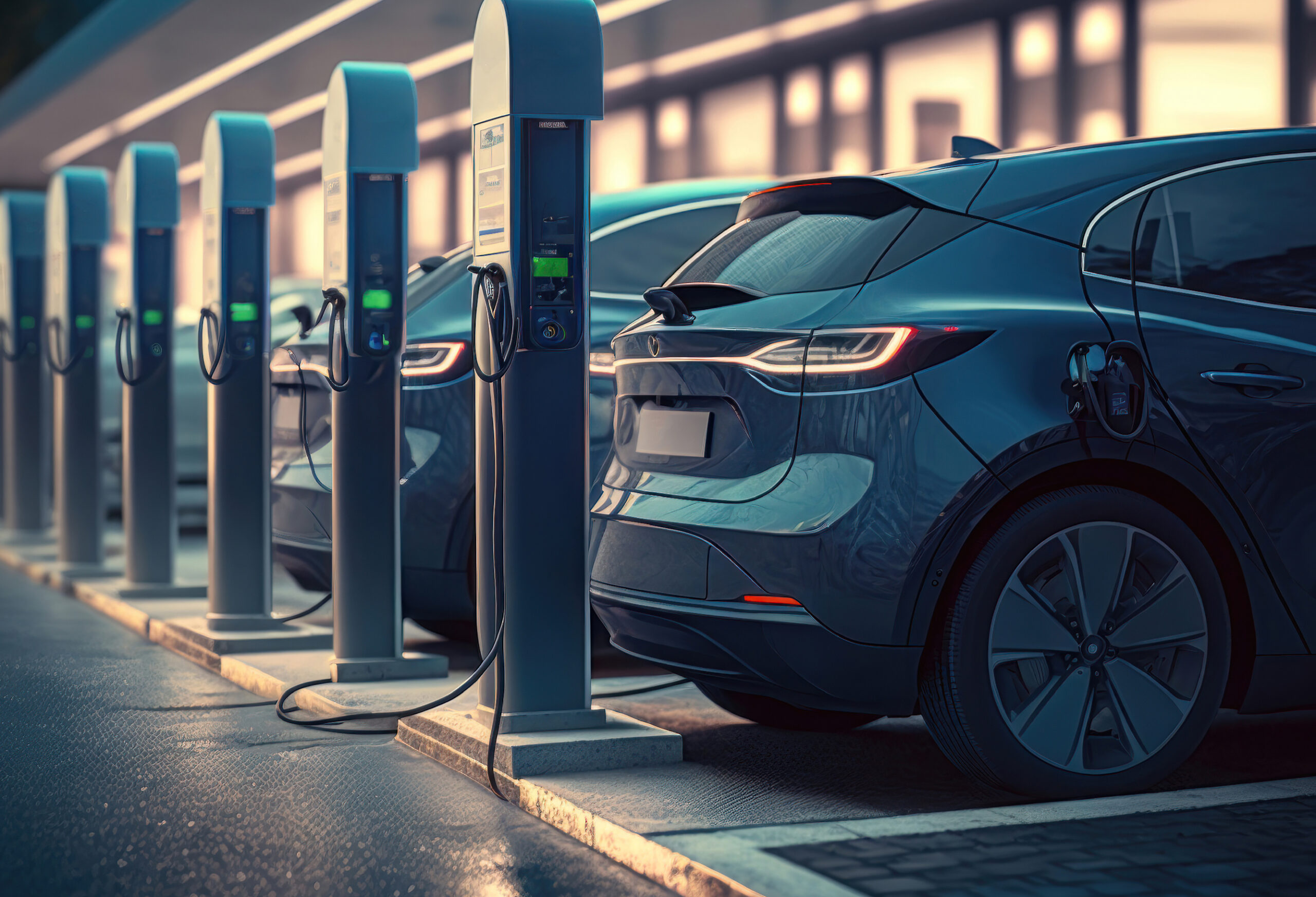
Our Solution
A large part of the embedded CO2 in lithium production comes from the reagents used in production – what if electricity from low carbon renewable sources could be used to replace those reagents?
The answer to that question is the crux of the ELi™ process. Developed by Reed Advanced Materials (RAM), ELi™ produces high-purity, battery grade lithium hydroxide and lithium carbonate from lithium-bearing brines and hard rock minerals with minimal use of external-source reagents.
ELi™ purifies feedstocks then converts lithium feed into lithium chemical product using electricity. The result contributes to decarbonising the battery supply chain by using fewer ships, trucks and carbon-intensive reagents and eliminating the conventional production step of making lithium carbonate before conversion with lime into hydroxide. The ELi™ process hydroxide product is easily converted into lithium carbonate, if desired, by the addition of a low capex and opex process that uses sequestered carbon dioxide.
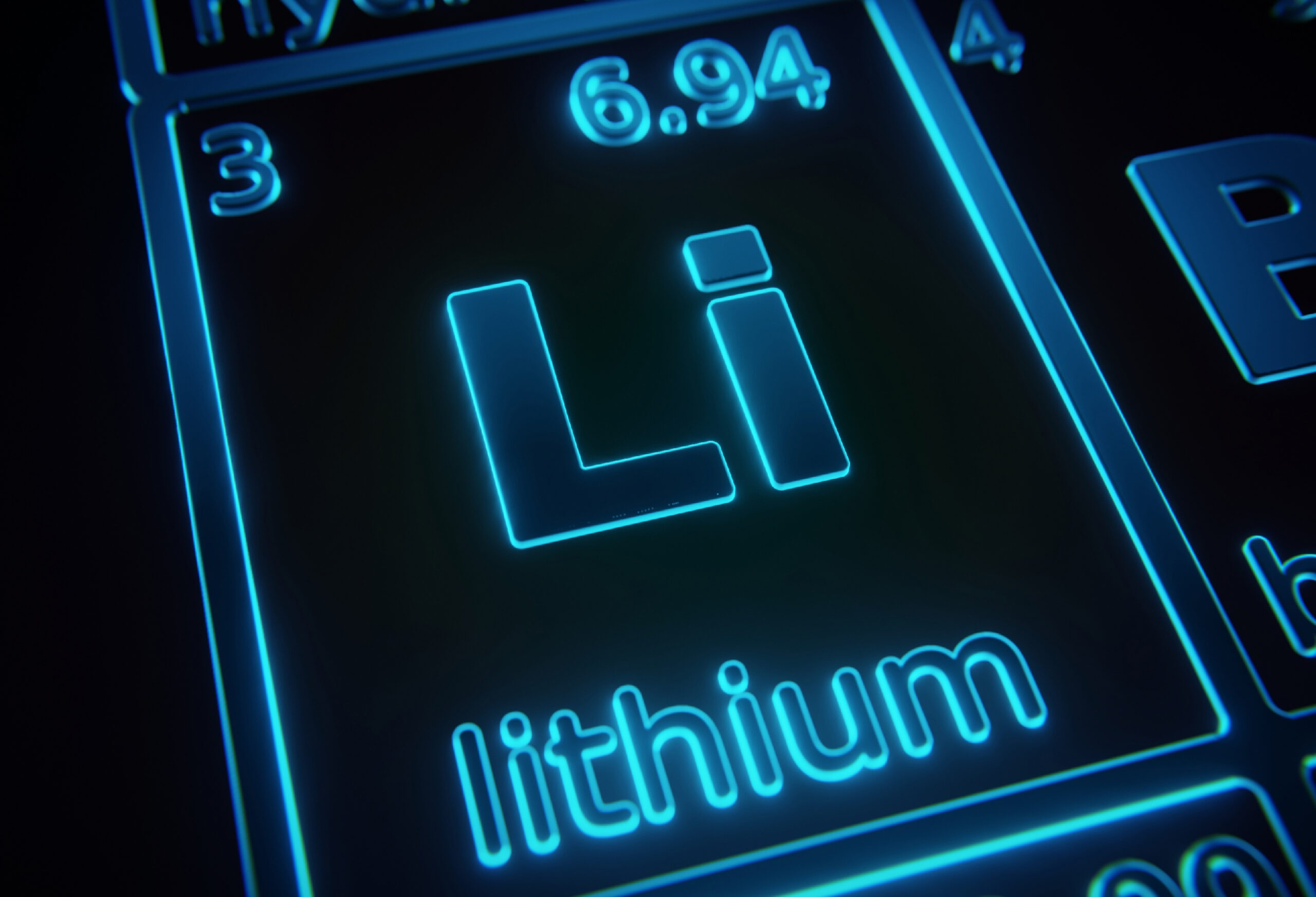
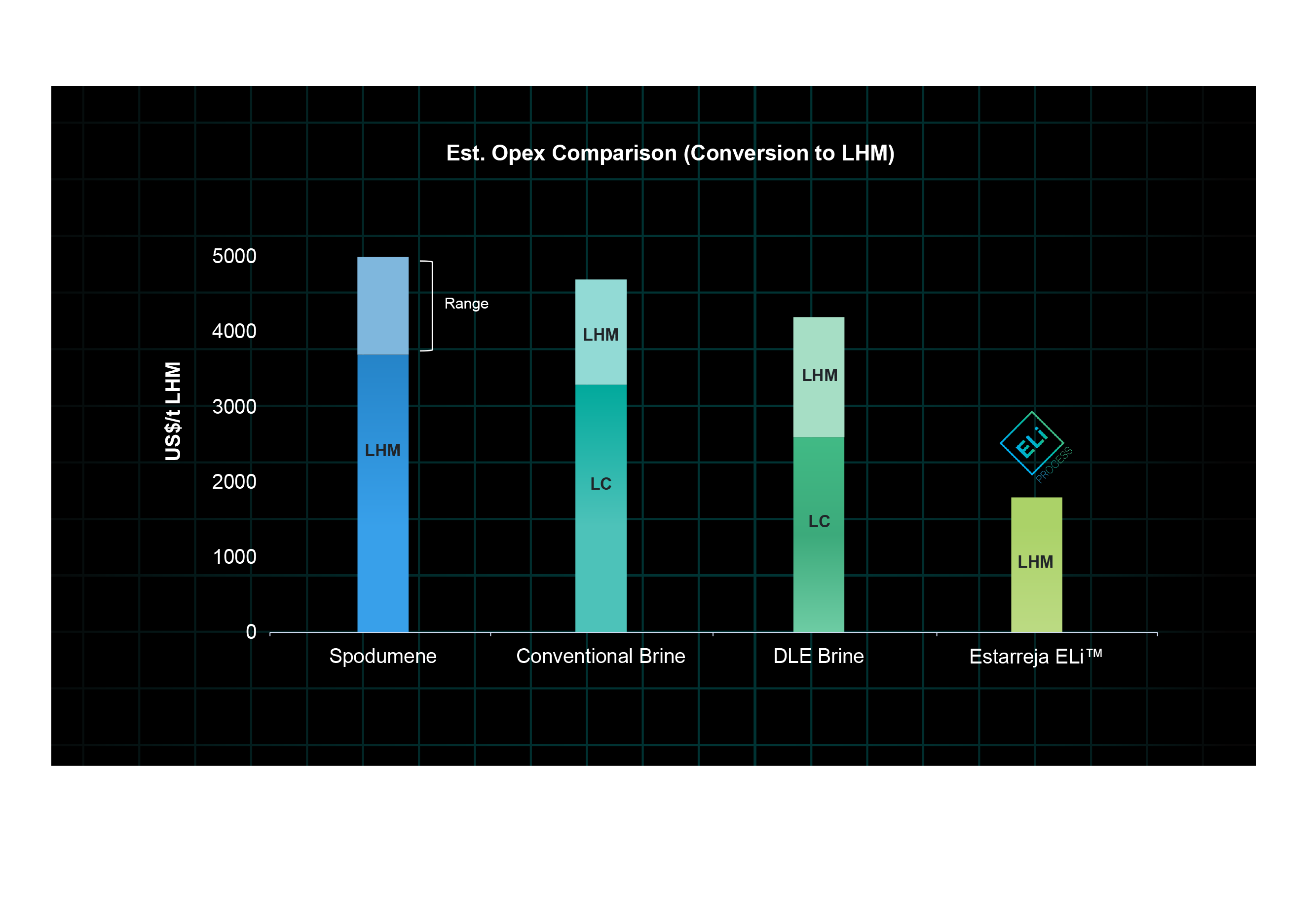
Sources: LAC, AKE/ORE, E3 Li, PLL, ALB, Management estimates, ECS, Benchmark Minerals Intelligence
ELi™ offers significant potential to reduce production costs for lithium hydroxide, especially when producing from salar, geothermal and oilfield brines. Based on comparisons with published information for production costs of other commercial processes, ELi™ has the potential for significantly reduced costs. While salar brines use low-cost solar evaporation, the production of lithium hydroxide requires the production of a lithium carbonate intermediate before bulk lime (made by burning limestone) is added to convert lithium carbonate to lithium hydroxide. The process to make lithium carbonate itself needs bulk soda ash to convert the lithium chloride into lithium carbonate. Each of these conversion steps generate bulk effluents or residues. The lower opex of the ELi™ process results in a potentially more resilient business across all lithium market price cycles. The lower opex of the ELi™ process results in a potentially more resilient business across all lithium market price cycles.
Opex comparison showing significantly reduced operating costs to generate LHM when compared to conventional Brine and spodumene routes (noting that conventional Brine processing is a two-stage process with lithium carbonate (“LC”) produced before additional processing into LHM.
Our Technology
The ELi™ Process
The ELi™ Process has granted patents in several major regions in which lithium is produced or consumed, offering the potential for producing lithium hydroxide near the source and near the use. ELi™ is the product of long-term R&D to produce two main flowsheets that allow direct, efficient production of lithium hydroxide from spodumene and lithium brines.
ELi™ replaces conventional, carbon-intensive chemical conversion of lithium chloride solutions with electrical conversion, using proven off-the-shelf processing equipment.
RAM is building a deep knowledge base of ELi™ from several years of process development testing. RAM is willing to enter licensing agreements that authorise the commercial operations of lithium hydroxide production using ELi™ and is developing testing and commercial licence packages. It is also willing to consider operating ELi™ plants on a JV or as principal.
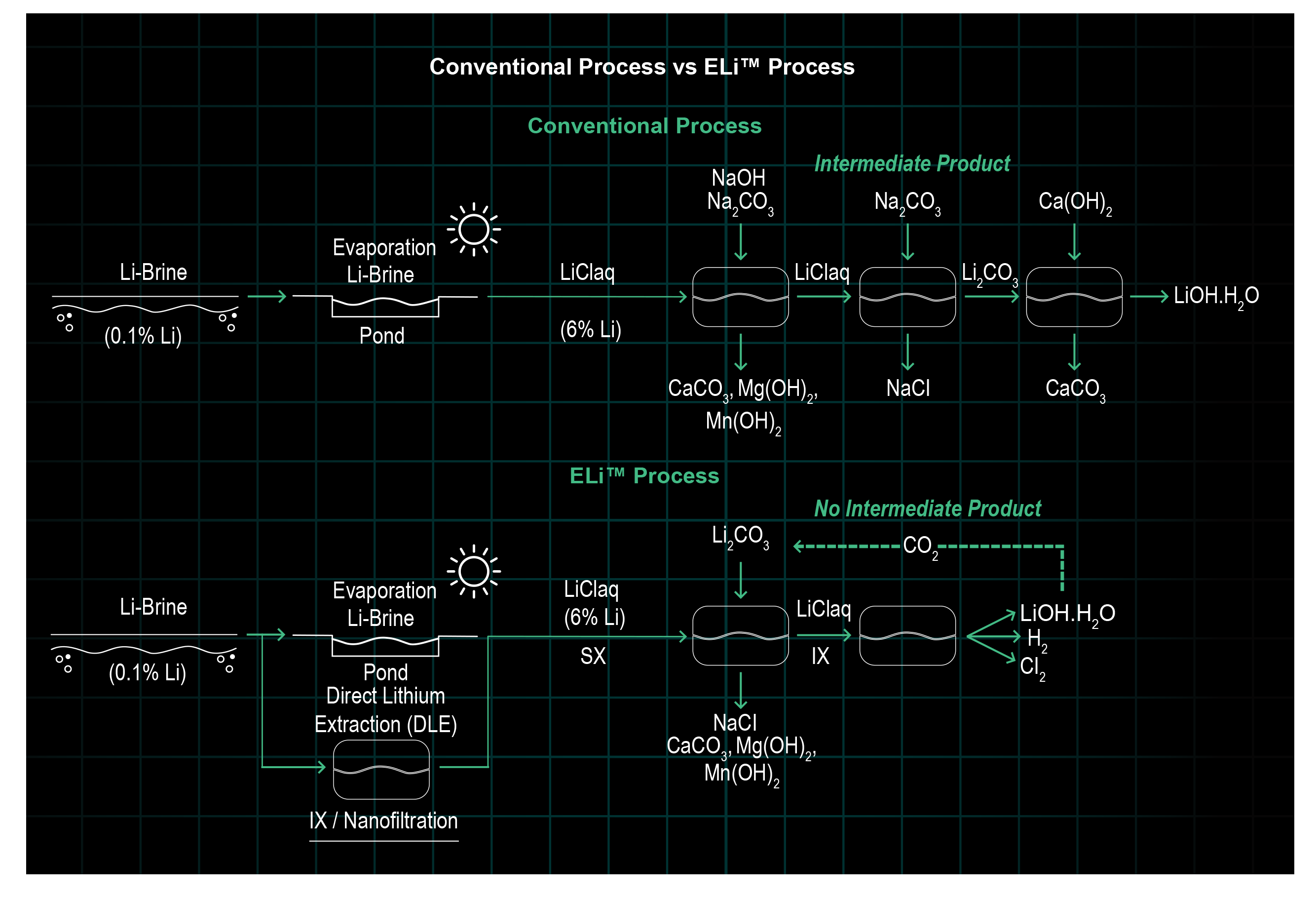
Lithium Chemicals
Interested in learning more?
Get in touch
Contact Us
Have a question on our technology or an enquiry on licensing?
- Address Level 1, 1292 Hay St West Perth WA 6005 Australia
- Email info@neometals.com.au
- Phone +61 8 9322 1182
